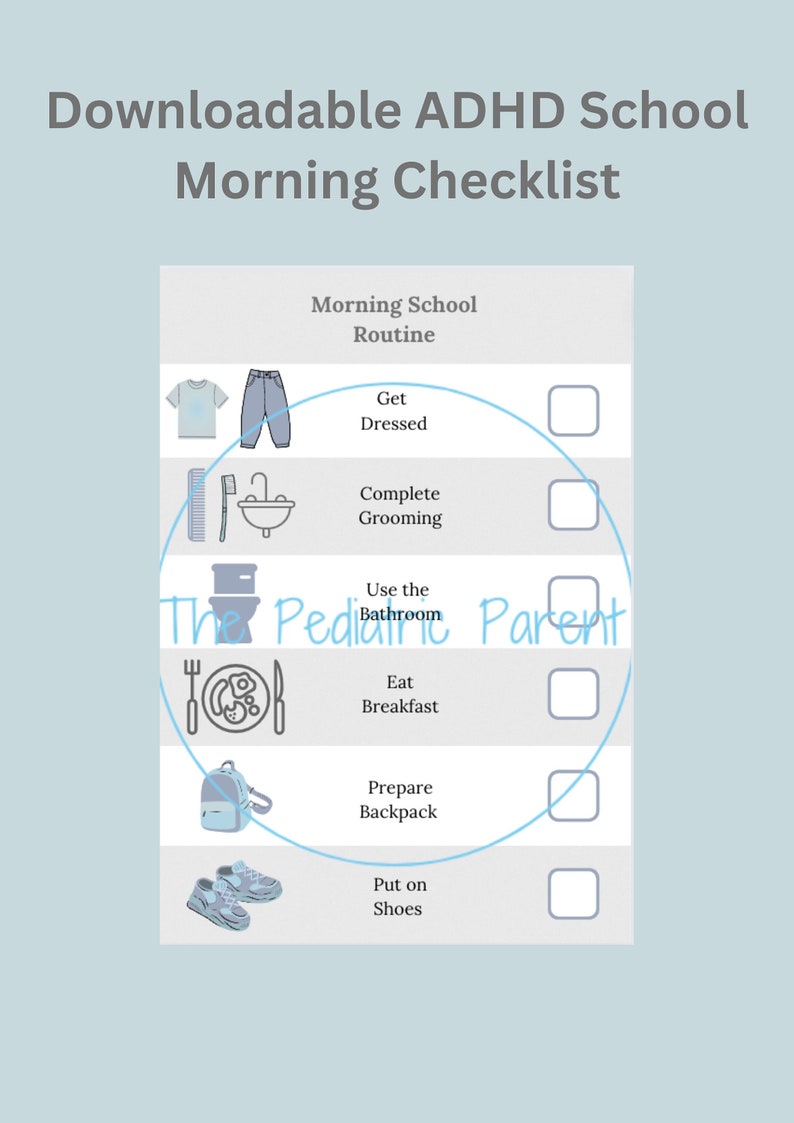The Role of CBT in ADHD Treatment
Cognitive-behavioral therapy is gaining attention for its effectiveness in ADHD treatment. This therapy focuses on reshaping negative behaviors and thought processes linked to ADHD. CBT participants often report better focus and
improved organizational abilities. "CBT empowers individuals with ADHD by teaching them to set realistic goals and develop coping strategies," explains Dr. Sarah Mitchell, a clinical psychologist specializing in ADHD treatment.
Research has shown that mindfulness techniques can have a profound impact on individuals with ADHD. Studies indicate that regular mindfulness practice can enhance attention span, increase emotional regulation, and improve overall well-being. Mindfulness exercises, such as meditation, deep breathing, and body scanning, help individuals cultivate a greater awareness of their thoughts and feelings, enabling them to respond to
situations with greater clarity and control.
ADHD natural remedies, a common neurodevelopmental disorder, impacts millions globally with symptoms like hyperactivity, impulsivity, and focus challenges. Despite its challenges, ADHD can be managed effectively with strategies that help individuals use their strengths. As awareness of ADHD continues to grow, so too do the resources and techniques available to help those affected navigate their daily lives.
In recent years, attention-deficit/hyperactivity disorder (ADHD) has become a focal point of research and discussion, shedding light on the challenges faced by millions worldwide. Characterized by difficulties in maintaining attention, hyperactivity, and impulsiveness, ADHD affects both children and adults, often leading to academic, professional, and social challenges. However, a wave of new strategies and techniques is emerging, offering hope for those seeking to improve focus and productivity.
As more individuals turn to mindfulness as a complementary approach to managing ADHD, mental health professionals are increasingly incorporating these techniques into their treatment plans. Schools are also beginning to recognize the value of mindfulness in the classroom, with programs designed to teach students, including those with ADHD, how to harness these practices for improved concentration and emotional regulation.
As awareness of ADHD grows, so do the tools and strategies available to support those affected. By embracing structured routines, leveraging technology, practicing mindfulness, engaging in physical activity, and maintaining a healthy diet, individuals with ADHD can unlock their potential and improve their focus. With ongoing research and community support, the future looks promising for those striving to navigate the complexities of ADHD.
Mindfulness practices can also be incorporated into everyday activities. For instance, mindful walking—a practice that involves being aware of each step and the sensations associated with movement—can help individuals with ADHD channel excess energy while cultivating focus. Engaging fully in simple tasks, like eating or washing dishes, can also transform mundane moments into opportunities for mindfulness, fostering a sense of presence and awareness.
Another beneficial mindfulness technique is the body scan, which encourages individuals to mentally check in with different parts of their bodies. By paying attention to physical sensations, individuals can foster a deeper connection to their bodies and emotions, ultimately helping to regulate their responses to stress and anxiety. The body scan can serve as a grounding exercise, allowing individuals to pause and refocus when feeling overwhelmed.
Another important strategy is the use of visual aids. Charts, checklists, and color-coded systems can serve as powerful tools to enhance focus and organization. For example, maintaining a visible checklist for daily tasks can provide a clear outline of what needs to be accomplished, making it easier to stay on track. Similarly, using different colors for various subjects or responsibilities can help individuals quickly identify priorities and deadlines.
Foods That Improve ADHD Focus
Nutrition-based strategies are gaining attention for improving ADHD-related focus. Nutrient-dense foods, including omega-3s and antioxidants, benefit ADHD-related brain health. Diet and physical activity together promote ADHD focus and overall health.
In recent years, the prevalence of Attention Deficit Hyperactivity Disorder (ADHD) has gained significant attention, affecting approximately 5% of the global population, with many individuals, both children and adults, seeking effective strategies to manage their symptoms. While traditional treatments such as medication and behavioral therapy remain common, mindfulness techniques are emerging as a promising alternative. These practices not only help improve focus and reduce impulsivity but also foster a sense of calm and emotional regulation.
Recent studies indicate that individuals with ADHD can significantly enhance their focus through a combination of behavioral interventions, technological advancements, and lifestyle adjustments. One promising approach is the implementation of structured routines. Experts emphasize the importance of consistency in daily activities, which can help individuals with ADHD create a sense of order and predictability. By setting specific times for tasks and breaks, individuals can train their brains to focus better during designated periods.
